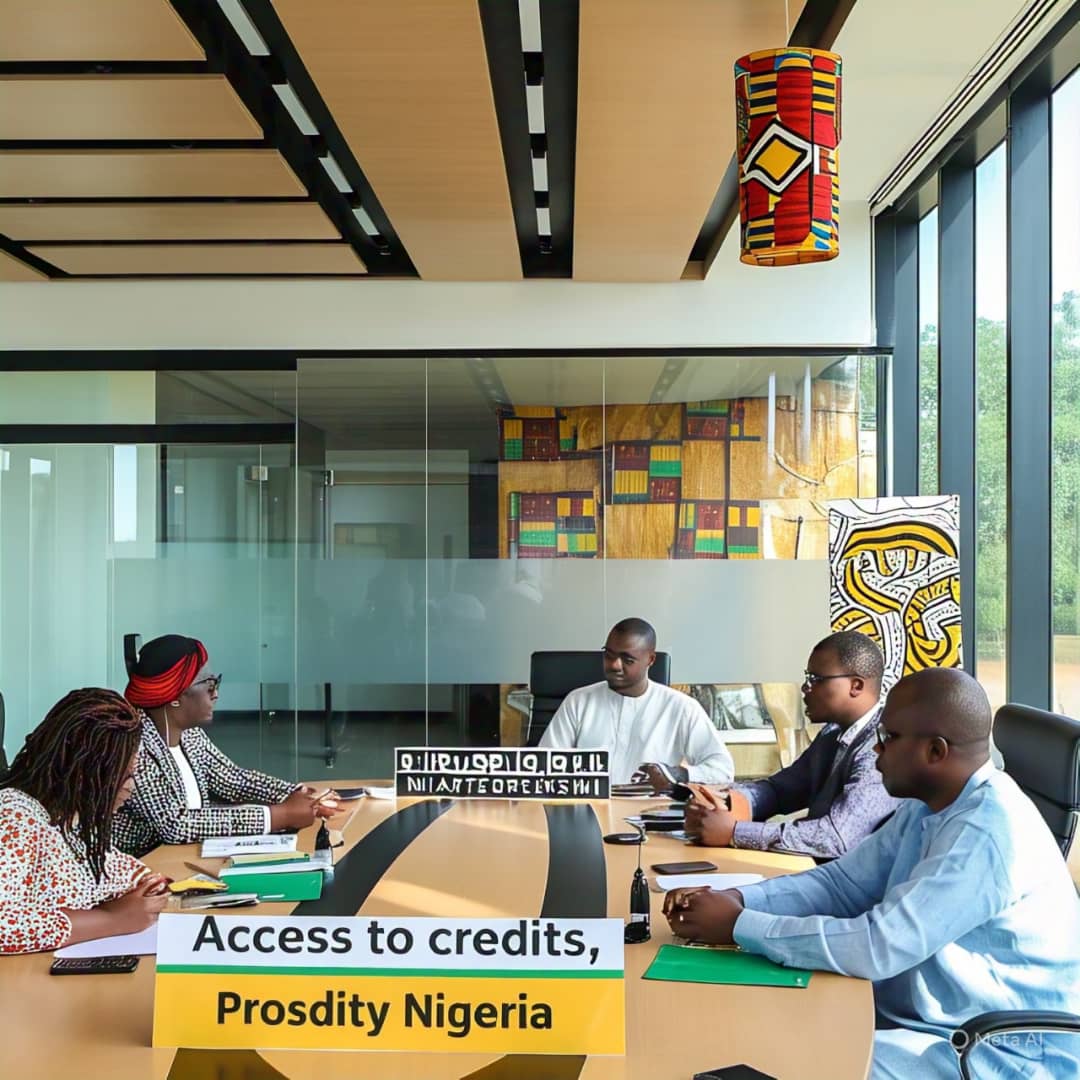Prosperity Nigeria Partnership
Have any Donation or Grants ? Contact Us

Suite 319, Ikeja Plaza, Mobolaji Bank Anthony Way. Ikeja Lagos, Nigeria
Company
-
About us
-
Our Agendas
-
Press Release
-
Our Contact









How Public-Private Partnerships (PPPs) will contribute to the growth of the Prosperity Nigeria Partnership:
Share This:
Prosperity Director
Related Posts
Affordable Housing Problems in Nigeria Nigeria faces a severe housing deficit, estimated at over 20…
How Nigeria can move forward with the help of the Prosperity Nigeria Initiative Agendas: Driving…
How Public-Private Partnerships (PPPs) will contribute to the growth of the Prosperity Nigeria Partnership: Pooling…